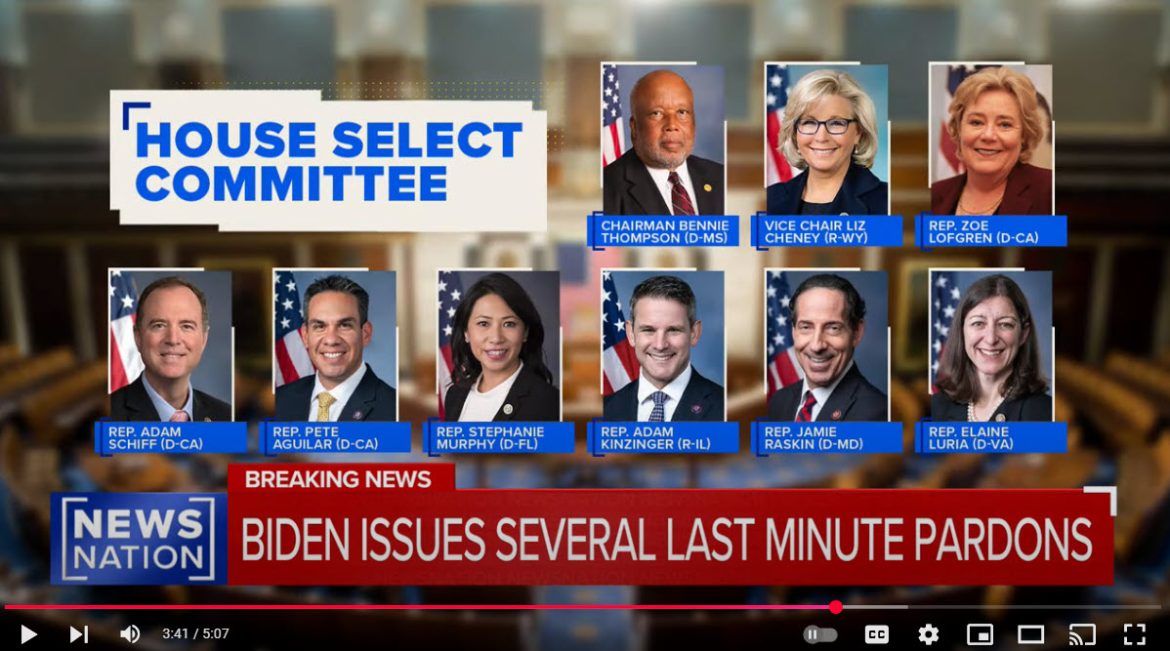In a significant use of executive clemency, President Joe Biden has issued preemptive pardons to Dr. Anthony Fauci, retired General Mark Milley, and members of the House Select Committee that investigated the January 6 Capitol attack. This decision, made just hours before President-elect Donald Trump’s inauguration, aims to protect these individuals from potential politically motivated prosecutions under the incoming administration.
President Biden emphasized that these pardons do not imply any wrongdoing by the recipients. He stated, “Our nation relies on dedicated, selfless public servants every day. They are the lifeblood of our democracy.” Biden further noted that these individuals have faced “ongoing threats and intimidation for faithfully discharging their duties.”
Dr. Anthony Fauci, who served as the nation’s leading infectious disease expert and chief medical advisor during the COVID-19 pandemic, expressed gratitude for the pardon. He remarked, “It feels good, and I’m grateful to the president for doing it.” Fauci had been a frequent target of criticism from President-elect Trump and his allies.
Retired General Mark Milley, former Chairman of the Joint Chiefs of Staff, also received a pardon. Milley had previously been criticized by Trump for his actions during the final months of the previous administration. In response to the pardon, Milley stated, “My family and I are deeply grateful for the President’s action today.”
Members of the House Select Committee on the January 6 Attack, including former Representatives Liz Cheney and Adam Kinzinger, were among those pardoned. The committee had investigated the events surrounding the Capitol riot, leading to tensions with Trump and his supporters. In a joint statement, Cheney and Kinzinger expressed their appreciation, stating, “We express our gratitude to President Biden for recognizing that we and our families have been continuously targeted not only with harassment, lies, and threats of criminal violence, but also with specific … .”
President-elect Donald Trump criticized the pardons, describing them as “disgraceful” and asserting that many of the recipients were “guilty of MAJOR CRIMES … This reaction underscores the deep political divisions and the contentious atmosphere as the new administration prepares to take office.
Legal experts note that while preemptive pardons are rare, they are within the constitutional powers of the president. However, such actions can set complex precedents and may influence the dynamics between outgoing and incoming administrations.



